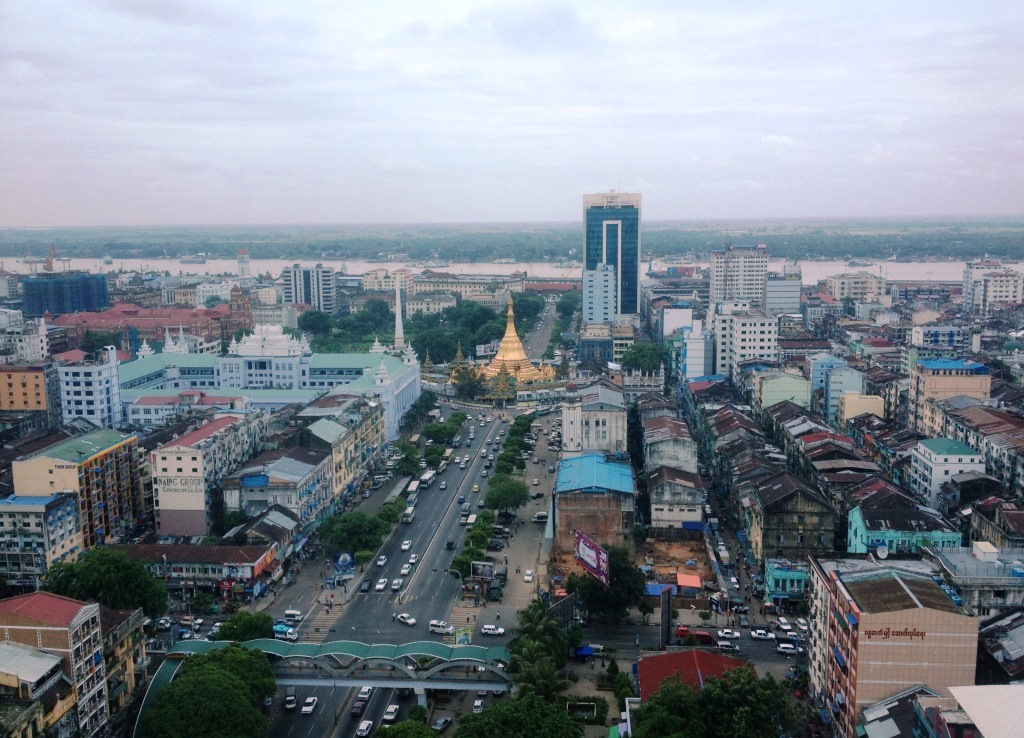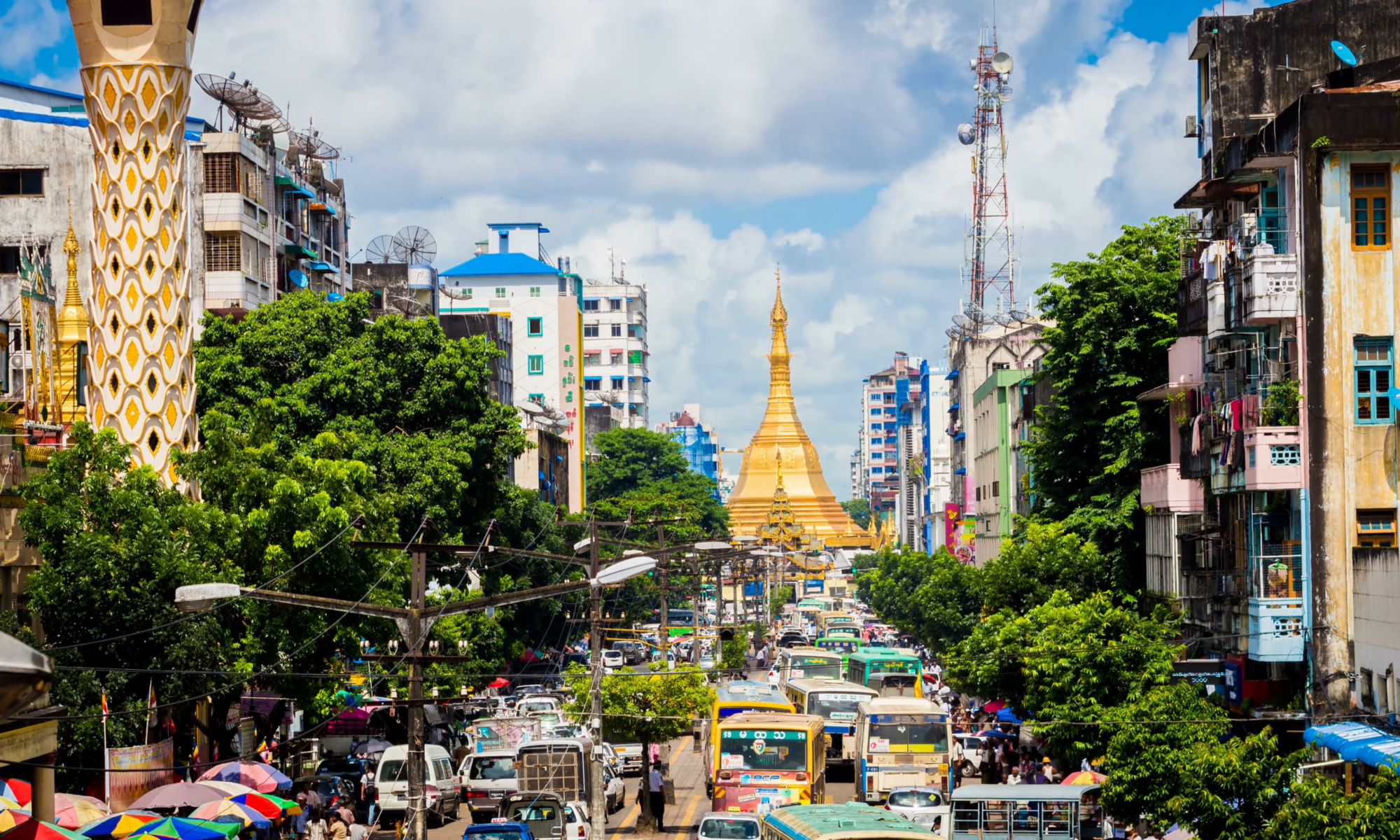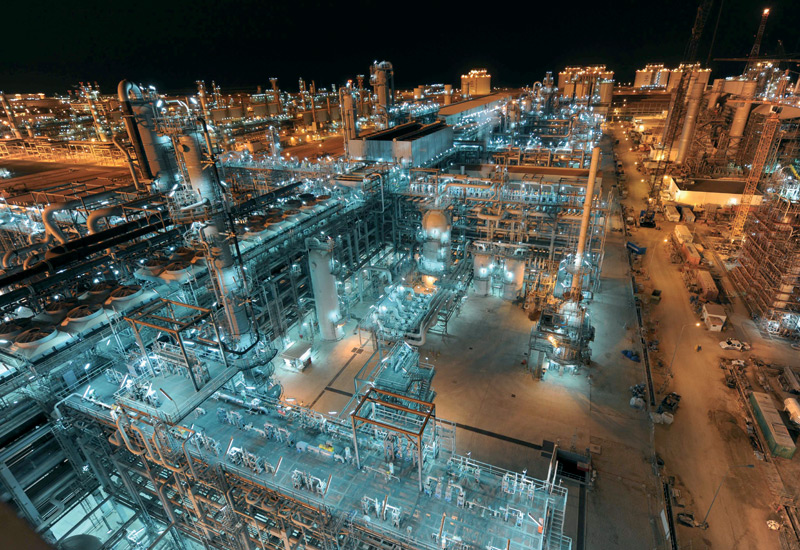Rural areas far from the national grid will get electricity through renewable energy sources, says Minister of Electricity and Energy U Win Khine.
He said the government will provide electricity to these areas through renewable energy as lower population density and electricity usage may not make it economical to expand the national grid.
U Win Khine added that the government would look into the supply and distribution of these renewable energy sources to rural areas.
He pointed out that the government was also taking steps to enact a renewable energy law, implementation and related procedures.
The first meeting of the National Renewable Energy Committee was held on March 1 and comprises the Ministry of Electricity and Energy (MOEE), related ministries as well as private organizations.
Meanwhile, the deputy director of the Ministry of Science and Technology’s renewable energy research department, Dr Thi Thi Soe, told Myanmar Times that policy and strategy would be needed to develop and implement renewable energy projects.
She said the move to have create more public awareness, research and infrastructure development will also attract investors.
The government aims to distribute electricity to 50pc of the country by end-2019, and to cover the entire country by 2030.
Myanmar’s current power-generation capacity stands at 3,500MW with electricity usage improving 15pc yearly. The MOEE plans to generate an additional 394MW in 2018-19, 450MW in 2019-20, and 1,712MW in 2020-21.
According to earlier reports, the government aims to generate 8pc of electricity through renewable energy sources by 2021 and 12pc by 2025 through solar and wind energy.
Currently, Myanmar has one solar energy power plant, the first in the country, located in Magway Division generating 170MW of electricity. Another two solar energy plants, located in Myingyan and Wundwin in Mandalay Division, with a generation capacity of 150MW each, have been planned.
An agreement has also been signed with China’s Three Gorges Corporation to develop a 30MW wind energy power plant in Chaung Thar, Ayeyarwaddy Division, which would make it the first in the country.
According to the MOEE, wind energy plants can potentially be developed in Chin State, Rakhine State, Yangon Division, Shan State, Kayah State, Tanintharyi Division, Mon State and Kayin State.
Source:https://www.mmtimes.com/news/rural-areas-receive-electricity-powered-renewable-sources-minister.html




